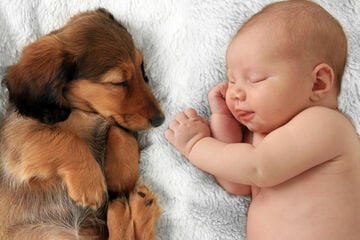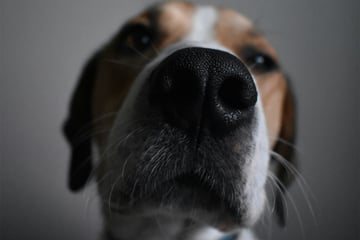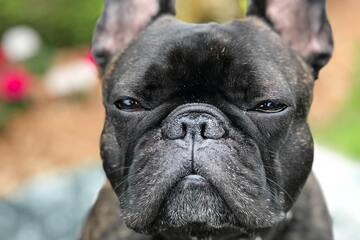When do dogs lose their baby teeth?
Did you know that puppies lose their baby teeth as well? It's a natural process, but one that occurs far sooner in dogs than in humans. What's behind this strange phenomenon, and when does it happen?
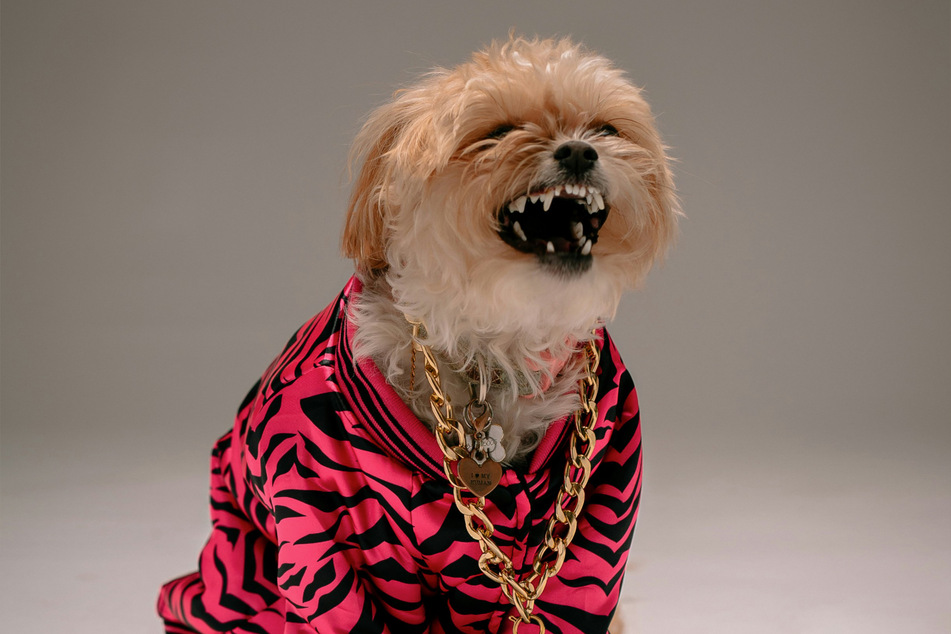
Puppies start to grow their first teeth at only around two or three weeks old, far earlier than we humans do. In much the same way, they begin to lose their baby teeth far earlier than we would expect them to.
Instead of years down the line, these fluffy fellows go toothless within weeks. When do dogs lose their baby teeth, and why is it so early?
Do puppies lose their baby teeth?
Yes, puppies lose their baby teeth in much the same way that we humans lose our baby teeth. These teeth are actually known as "deciduous" as they are the first set of teeth to develop in the mouths of mammals. They are often referred to as milk teeth or primary teeth.
The main difference between deciduous and permanent teeth is the fact that the former fall out while the latter are, as their name suggests, permanent. In addition, deciduous teeth are generally much smaller and whiter, with thinner enamel, and are much weaker and easier to break.
Fun fact: Deciduous teeth are not a man and dog thing; they are a mammalian thing. Most mammals get deciduous teeth which eventually fall out as the permanent adult teeth erupt from the gums.
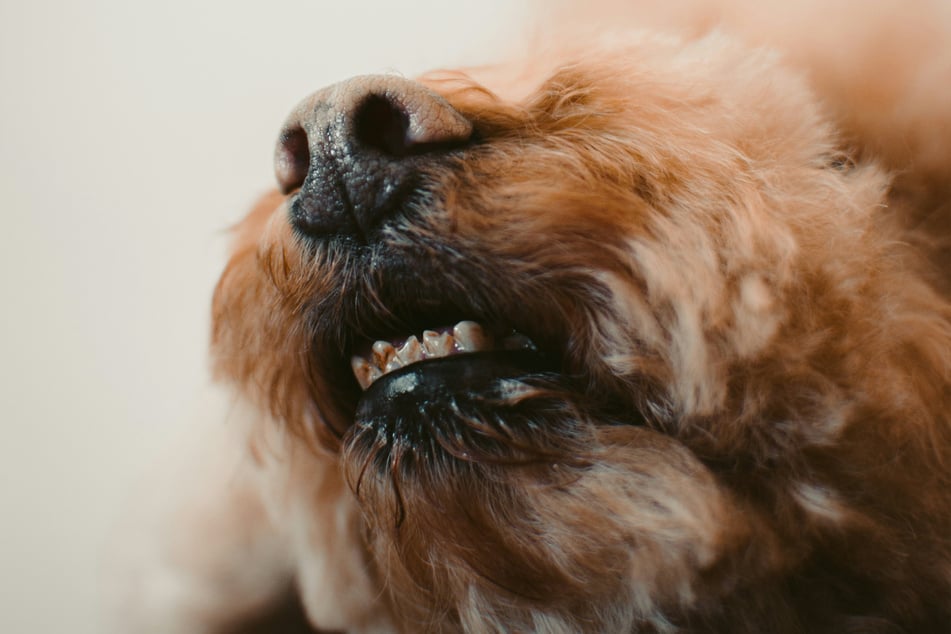
When do dogs lose their baby teeth?
Dogs tend to start losing their baby teeth at around 12 weeks of age, having only obtained them about ten weeks prior. The process takes about six months in its entirety, with all deciduous teeth being gone by the time your darling doggo is between six and eight months of age, so within a year of its birth.
Your puppy will begin its teething journey with the eruption of its incisors and canines (fangs) in the second and third weeks of its life before growing the rest over a short period of time and then losing them only a number of weeks later. Once a dog has grown its adult teeth, however, it is stuck with them for life.
As a result, dental issues aren't necessarily the most important things to look out for before your dog is about 12 weeks old and has started growing its final teeth. When you know that your dog will never grow more teeth, however, it is incredibly important to look after its dentistry.
Important: There are still other issues worth attending to when your doggo still has its puppy teeth, though, so make sure to still look after your dog properly and get it plenty of health and dental checkups.
Why do dogs lose their teeth?
In much the same way as human teeth, puppy teeth act as placeholders for adult teeth as their gums grow and develop. To put it simply, adult teeth are much larger and require a more solid foundation and root before they can grow properly. The baby teeth both help develop that foundation and allow the dog to eat food while the mouth is still in the process of developing.
Dogs are classified as "diphyodonts," along with many other mammals, meaning that they naturally lose their deciduous teeth and have them replaced with permanent teeth. These adult teeth erupt once the bones in your dog's jaw are large and strong enough to accommodate them, and your doggo's gums have expanded to an appropriate size.
Come on, this is interesting: Did you know that there are a few exceptions to the rule that mammals have deciduous and then permanent teeth? A class of mammals known as "polyphyodonts," including elephants, kangaroos, and manatees, continuously replace their teeth as their life progresses.
How many teeth do dogs have?
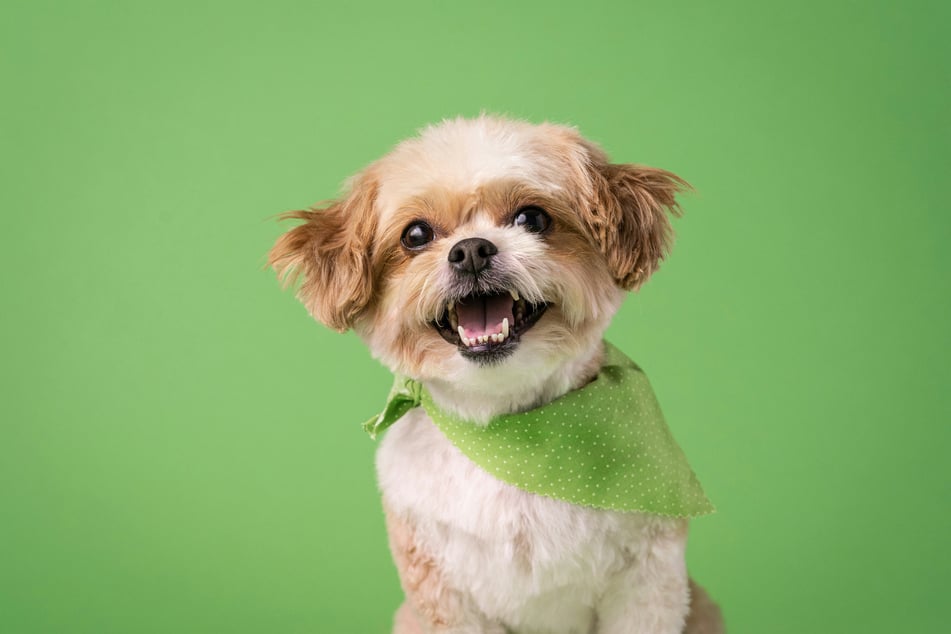
As adults, dogs have 42 teeth, including 20 in the upper jaw and 22 in the lower jaw. This compares to an adult human's 32 teeth and includes the canines, which are so iconic. When a puppy grows its first set of deciduous teeth, however, they will only end up with 28 shiny whites.
When your dog is fully grown, its teeth will be much bigger and will spread through much more of its mouth, giving it a stronger bite, a sharper bite, and a better ability to eat tough foods. This adult mouth will be coupled with a far stronger jaw as well, making it far more dangerous for an adult dog to bite you than it is if a puppy gives you a little nip.
The rate at which dogs lose their baby teeth and get their first adult teeth is one of the many big differences between us and our canine companions. Still, it gives them a nice smile.
Cover photo: Unsplash/Ramiro Pianarosa
